Bulk raw cashew nuts play a critical role in the global economy as a key ingredient in various culinary applications, as well as an essential commodity for the cashew processing industry. This article serves to provide a comprehensive summary of bulk raw cashew nuts, covering their production, processing, and global trade dynamics. 1. Cashew Nut Overview: Cashew nuts, scientifically known as Anacardium occidentale, are native to northeastern Brazil and have gained popularity worldwide due to their distinct flavor, nutritional value, and versatility in culinary applications. Cashews are technically not nuts but rather seeds found at the bottom of cashew apples. 2. Production of Raw Cashew Nuts: The production of raw cashew nuts primarily occurs in tropical regions, with the top global producers being India, Vietnam, Nigeria, Ivory Coast, and Brazil. Cashew trees require specific climatic conditions, including a hot and humid environment, well-drained soil, and low altitude, making them ideally suited for cultivation in these regions. 3. Harvesting and Processing: Cashew trees usually begin to bear fruit in their third year and reach their peak harvest period around the sixth to eighth year. The harvesting process involves carefully picking the cashew apples from the tree and sun-drying them before extracting the cashew nuts. The outer shell of the cashew nut contains an intensely toxic substance called anacardic acid, necessitating careful de-shelling procedures. 4. Shelling and Sorting: The shelling process aims to remove the outer shell and separate the cashew nut kernels. This can be carried out manually or through mechanized methods. A key concern during the shelling process is preventing damage to the cashew nut kernels, which can negatively impact their quality and market value. Once de-shelled, the cashew nuts are sorted based on size, color, and quality to ensure uniformity.
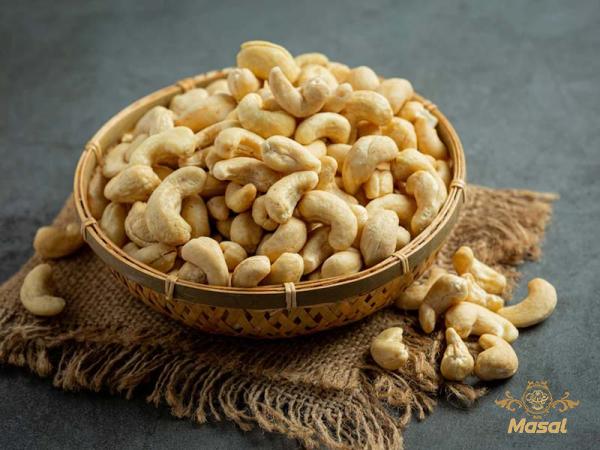
nut
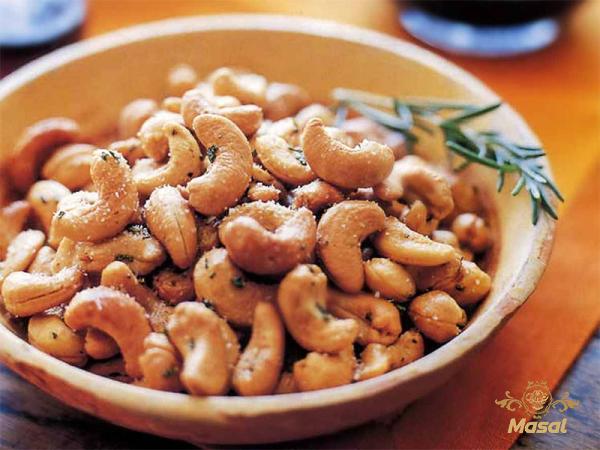 5. Quality Control and Grading: Quality control is vital in the cashew nut industry to maintain high standards and meet the requirements of international markets. Cashew nuts are graded based on size, color, defects, and moisture content. Grades range from the highest quality “W-180” (which indicates 180 cashew kernels per pound) to lower grades such as “W-320” and “W-400.” Additionally, cashew kernels are categorized as whole, split, or broken, depending on their physical appearance. 6. Key Challenges in Cashew Production: Cashew nut production faces various challenges, including climate change, pest and disease infestations, lack of modern farming practices, and inadequate infrastructure for processing and storage. These challenges adversely affect both the volume and quality of raw cashew nuts produced, impacting the global supply chain and trade dynamics. 7. Global Cashew Nut Trade: The global cashew nut trade is significant, with a considerable volume of raw cashew nuts being imported and exported across different countries. India is the largest importer of raw cashew nuts, primarily sourcing from African countries, particularly Ivory Coast and Nigeria. Vietnam is another major player in the global cashew nut trade, primarily exporting processed cashew nuts to international markets. 8. Cashew Processing Industry: After raw cashew nuts are processed to remove their shells and sorted, they become suitable for consumption or further processing. The cashew processing industry plays a crucial role in transforming bulk raw cashew nuts into value-added products such as roasted cashews, cashew flour, cashew butter, cashew oil, and cashew-based confectioneries. This industry significantly contributes to employment generation and economic growth in cashew-producing nations. 9. Health Benefits and Culinary Applications: Cashew nuts are renowned for their nutritional composition, providing essential nutrients such as healthy fats, vitamins, minerals, and antioxidants. They offer several health benefits, including heart health support, improved bone health, blood sugar control, and weight management. Cashews have a rich, buttery taste and are used in various culinary creations, ranging from savory dishes to desserts. Conclusion: Bulk raw cashew nuts are a vital agricultural commodity, globally traded and processed into a multitude of products. Understanding the production, processing, and trade dynamics of cashew nuts is crucial for stakeholders in the cashew industry, including farmers, processors, traders, and consumers. By comprehending the intricacies of this versatile nut, we can appreciate its economic significance, health benefits, and culinary applications. I. The Cashew Nut Industry: An Overview The bulk raw cashew nut industry has seen significant growth over the years, driven by increasing demand for cashew products worldwide. Cashews have become a popular snack and ingredient in various cuisines, leading to a surge in global consumption. This article explores the business aspects of the cashew nut industry, including market trends, key players, and challenges faced.
5. Quality Control and Grading: Quality control is vital in the cashew nut industry to maintain high standards and meet the requirements of international markets. Cashew nuts are graded based on size, color, defects, and moisture content. Grades range from the highest quality “W-180” (which indicates 180 cashew kernels per pound) to lower grades such as “W-320” and “W-400.” Additionally, cashew kernels are categorized as whole, split, or broken, depending on their physical appearance. 6. Key Challenges in Cashew Production: Cashew nut production faces various challenges, including climate change, pest and disease infestations, lack of modern farming practices, and inadequate infrastructure for processing and storage. These challenges adversely affect both the volume and quality of raw cashew nuts produced, impacting the global supply chain and trade dynamics. 7. Global Cashew Nut Trade: The global cashew nut trade is significant, with a considerable volume of raw cashew nuts being imported and exported across different countries. India is the largest importer of raw cashew nuts, primarily sourcing from African countries, particularly Ivory Coast and Nigeria. Vietnam is another major player in the global cashew nut trade, primarily exporting processed cashew nuts to international markets. 8. Cashew Processing Industry: After raw cashew nuts are processed to remove their shells and sorted, they become suitable for consumption or further processing. The cashew processing industry plays a crucial role in transforming bulk raw cashew nuts into value-added products such as roasted cashews, cashew flour, cashew butter, cashew oil, and cashew-based confectioneries. This industry significantly contributes to employment generation and economic growth in cashew-producing nations. 9. Health Benefits and Culinary Applications: Cashew nuts are renowned for their nutritional composition, providing essential nutrients such as healthy fats, vitamins, minerals, and antioxidants. They offer several health benefits, including heart health support, improved bone health, blood sugar control, and weight management. Cashews have a rich, buttery taste and are used in various culinary creations, ranging from savory dishes to desserts. Conclusion: Bulk raw cashew nuts are a vital agricultural commodity, globally traded and processed into a multitude of products. Understanding the production, processing, and trade dynamics of cashew nuts is crucial for stakeholders in the cashew industry, including farmers, processors, traders, and consumers. By comprehending the intricacies of this versatile nut, we can appreciate its economic significance, health benefits, and culinary applications. I. The Cashew Nut Industry: An Overview The bulk raw cashew nut industry has seen significant growth over the years, driven by increasing demand for cashew products worldwide. Cashews have become a popular snack and ingredient in various cuisines, leading to a surge in global consumption. This article explores the business aspects of the cashew nut industry, including market trends, key players, and challenges faced.
Specifications of nut
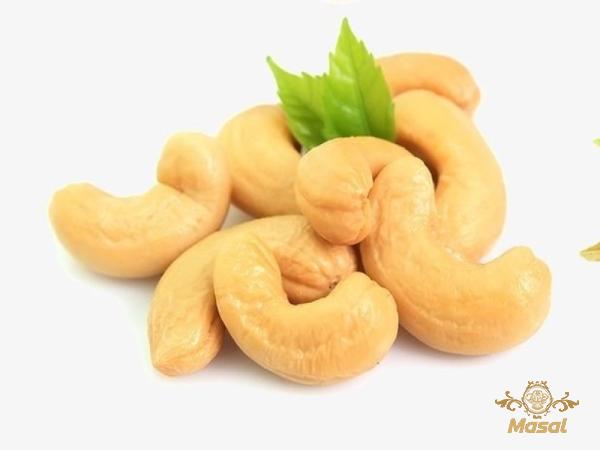 II. Market Trends and Demand for Cashew Nuts The demand for cashew nuts has been rising steadily due to their unique taste and nutritional benefits. Cashews are used in a wide range of food products, including snacks, baked goods, confectioneries, and nut butters. The growing health-conscious consumer base, coupled with the increasing popularity of plant-based diets, has further contributed to the rising demand for cashews. III. Key Players in the Bulk Raw Cashew Nut Market The bulk raw cashew nut market is fragmented, with several key players involved in its production, processing, and trade. India and Vietnam are the dominant players in the industry, accounting for a significant portion of global cashew nut production and processing. Other key producing countries include Nigeria, Ivory Coast, Brazil, and Tanzania. These countries supply raw cashew nuts to processors and exporters worldwide. IV. Supply Chain Dynamics and Trade Patterns The cashew nut supply chain involves multiple stages, including cultivation, harvesting, processing, packaging, and distribution. The raw cashew nuts are predominantly sourced from cashew-growing countries in Africa and Southeast Asia and transported to processing facilities in India, Vietnam, and other processing hubs. Processed cashew nuts are then exported to various countries, primarily in Europe, North America, and Asia, to meet consumer demand. V. Processing Techniques and Value Addition Processing raw cashew nuts involves a series of steps to transform them into processed cashew kernels, which are ready for consumption or further processing. Processing techniques include steam roasting, shelling, drying, and grading. Value addition is a crucial aspect of the cashew nut business, as it enables processors to cater to specific market segments and offer a variety of cashew products with different flavors, textures, and uses. VI. Challenges Faced by the Cashew Nut Industry The cashew nut industry faces several challenges that impact production, processing, and trade. Climate change poses a significant threat, affecting cashew productivity and yield. Cashew trees require specific environmental conditions, and variations in temperature and rainfall patterns can impact their growth and fruiting. Pest and disease infestations, including cashew apple disease and cashew nut borer, further exacerbate these challenges. VII. Sustainability and Ethical Considerations Sustainability and ethical practices are increasingly important considerations in the cashew nut industry.
II. Market Trends and Demand for Cashew Nuts The demand for cashew nuts has been rising steadily due to their unique taste and nutritional benefits. Cashews are used in a wide range of food products, including snacks, baked goods, confectioneries, and nut butters. The growing health-conscious consumer base, coupled with the increasing popularity of plant-based diets, has further contributed to the rising demand for cashews. III. Key Players in the Bulk Raw Cashew Nut Market The bulk raw cashew nut market is fragmented, with several key players involved in its production, processing, and trade. India and Vietnam are the dominant players in the industry, accounting for a significant portion of global cashew nut production and processing. Other key producing countries include Nigeria, Ivory Coast, Brazil, and Tanzania. These countries supply raw cashew nuts to processors and exporters worldwide. IV. Supply Chain Dynamics and Trade Patterns The cashew nut supply chain involves multiple stages, including cultivation, harvesting, processing, packaging, and distribution. The raw cashew nuts are predominantly sourced from cashew-growing countries in Africa and Southeast Asia and transported to processing facilities in India, Vietnam, and other processing hubs. Processed cashew nuts are then exported to various countries, primarily in Europe, North America, and Asia, to meet consumer demand. V. Processing Techniques and Value Addition Processing raw cashew nuts involves a series of steps to transform them into processed cashew kernels, which are ready for consumption or further processing. Processing techniques include steam roasting, shelling, drying, and grading. Value addition is a crucial aspect of the cashew nut business, as it enables processors to cater to specific market segments and offer a variety of cashew products with different flavors, textures, and uses. VI. Challenges Faced by the Cashew Nut Industry The cashew nut industry faces several challenges that impact production, processing, and trade. Climate change poses a significant threat, affecting cashew productivity and yield. Cashew trees require specific environmental conditions, and variations in temperature and rainfall patterns can impact their growth and fruiting. Pest and disease infestations, including cashew apple disease and cashew nut borer, further exacerbate these challenges. VII. Sustainability and Ethical Considerations Sustainability and ethical practices are increasingly important considerations in the cashew nut industry.
buy nut
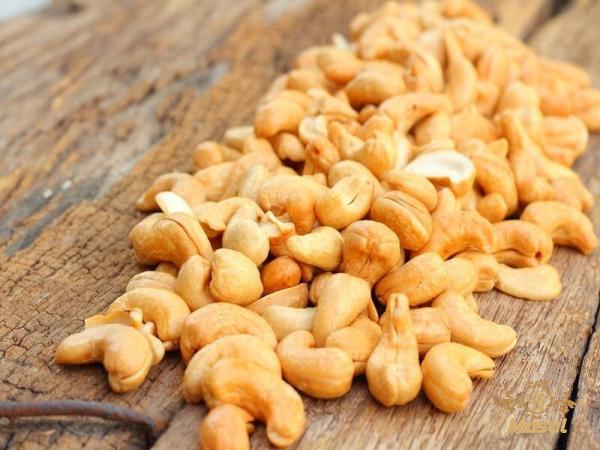 Sustainable cashew farming encompasses responsible sourcing, efficient resource management, environmental conservation, and fair trade practices. Many stakeholders are working towards ensuring fair wages and safe working conditions for cashew farmers and laborers in processing facilities, as well as implementing environmentally friendly farming methods. VIII. Nutritional Benefits and Health Claims Cashew nuts offer various health benefits, making them an appealing choice for health-conscious consumers. They are a good source of healthy fats, protein, dietary fiber, vitamins, and minerals. Cashews are also rich in antioxidants, particularly polyphenols, which have been linked to various health benefits, including reduced risk of heart disease, improved brain function, and enhanced immunity. IX. Market Opportunities and Emerging Trends The cashew nut industry presents several market opportunities, driven by changing consumer preferences and emerging food trends. The demand for organic and sustainably sourced cashews is on the rise, providing opportunities for farmers and processors to cater to niche markets. Additionally, the growing popularity of plant-based diets and the demand for plant-based protein alternatives open up avenues for innovative cashew-based products. X. Future Outlook for the Bulk Raw Cashew Nut Industry The future of the bulk raw cashew nut industry looks promising, with increasing global demand and evolving consumer preferences. Market expansion efforts, improved processing techniques, and sustainable farming practices are helping to address challenges and enhance the industry’s potential. Technological advancements, such as the use of automation in cashew processing and developments in packaging solutions, are also expected to drive growth and efficiency. XI. Conclusion The bulk raw cashew nut industry has established itself as a significant player in the global food market. The increasing demand for cashews and their versatility in culinary applications make them a valuable commodity. Understanding the business aspects of the industry, including market trends, key players, and challenges faced, is crucial for stakeholders to capitalize on the opportunities in this thriving industry. With sustainable practices, innovation, and a focus on product quality, the future of the cashew nut industry holds tremendous potential for growth and success.
Sustainable cashew farming encompasses responsible sourcing, efficient resource management, environmental conservation, and fair trade practices. Many stakeholders are working towards ensuring fair wages and safe working conditions for cashew farmers and laborers in processing facilities, as well as implementing environmentally friendly farming methods. VIII. Nutritional Benefits and Health Claims Cashew nuts offer various health benefits, making them an appealing choice for health-conscious consumers. They are a good source of healthy fats, protein, dietary fiber, vitamins, and minerals. Cashews are also rich in antioxidants, particularly polyphenols, which have been linked to various health benefits, including reduced risk of heart disease, improved brain function, and enhanced immunity. IX. Market Opportunities and Emerging Trends The cashew nut industry presents several market opportunities, driven by changing consumer preferences and emerging food trends. The demand for organic and sustainably sourced cashews is on the rise, providing opportunities for farmers and processors to cater to niche markets. Additionally, the growing popularity of plant-based diets and the demand for plant-based protein alternatives open up avenues for innovative cashew-based products. X. Future Outlook for the Bulk Raw Cashew Nut Industry The future of the bulk raw cashew nut industry looks promising, with increasing global demand and evolving consumer preferences. Market expansion efforts, improved processing techniques, and sustainable farming practices are helping to address challenges and enhance the industry’s potential. Technological advancements, such as the use of automation in cashew processing and developments in packaging solutions, are also expected to drive growth and efficiency. XI. Conclusion The bulk raw cashew nut industry has established itself as a significant player in the global food market. The increasing demand for cashews and their versatility in culinary applications make them a valuable commodity. Understanding the business aspects of the industry, including market trends, key players, and challenges faced, is crucial for stakeholders to capitalize on the opportunities in this thriving industry. With sustainable practices, innovation, and a focus on product quality, the future of the cashew nut industry holds tremendous potential for growth and success.

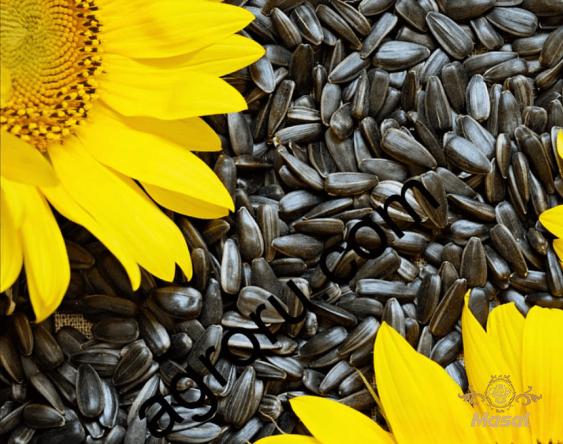

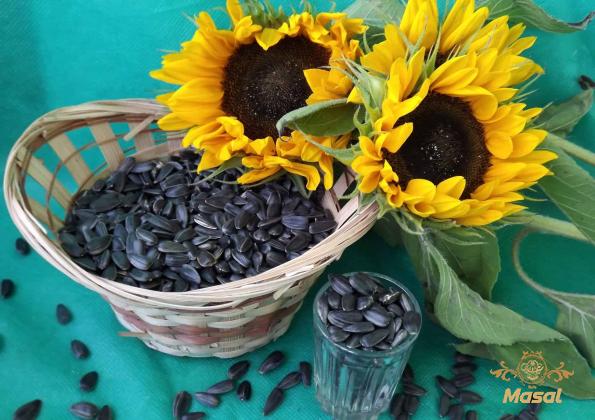
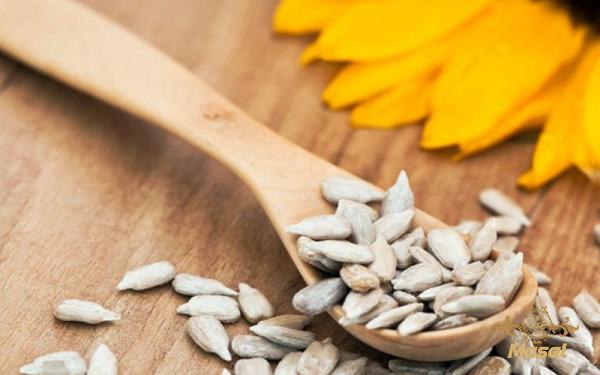
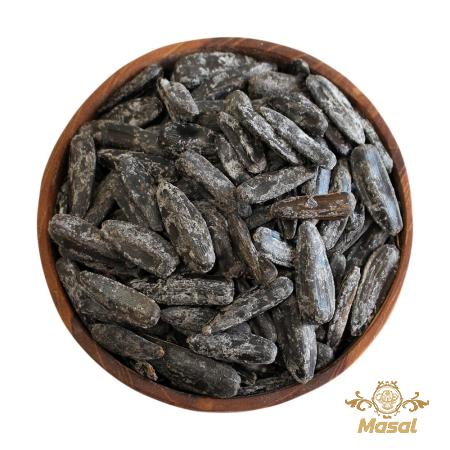
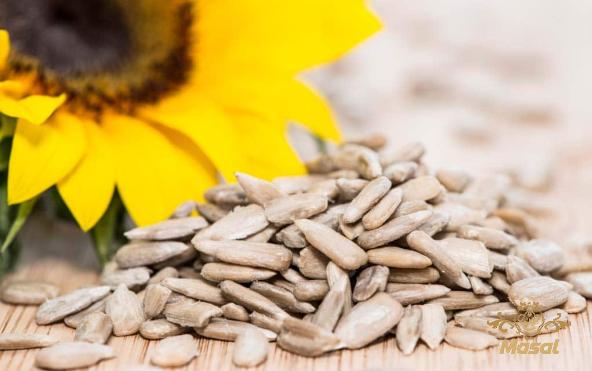
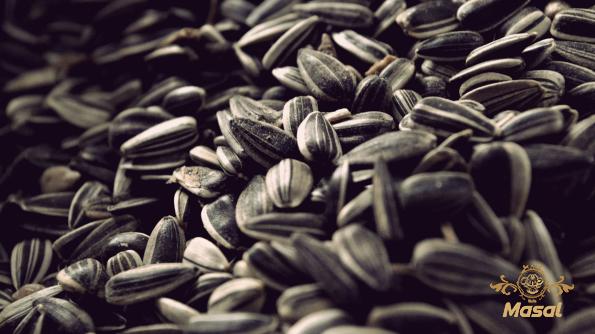

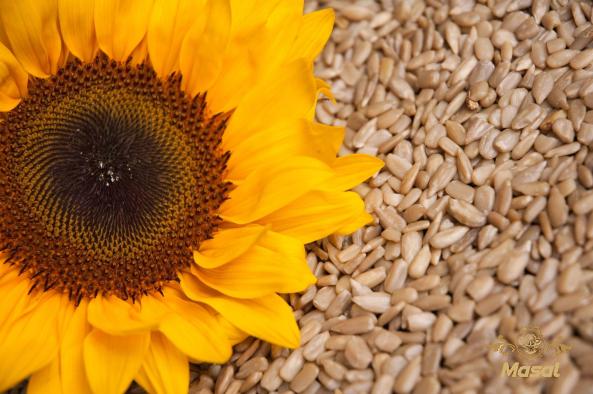
Your comment submitted.